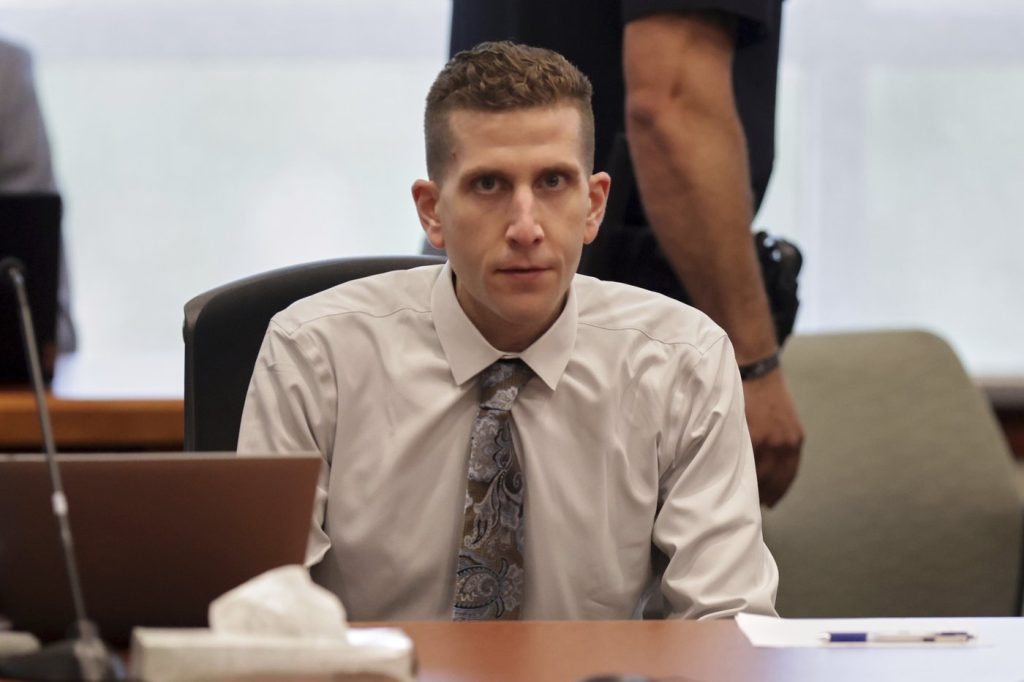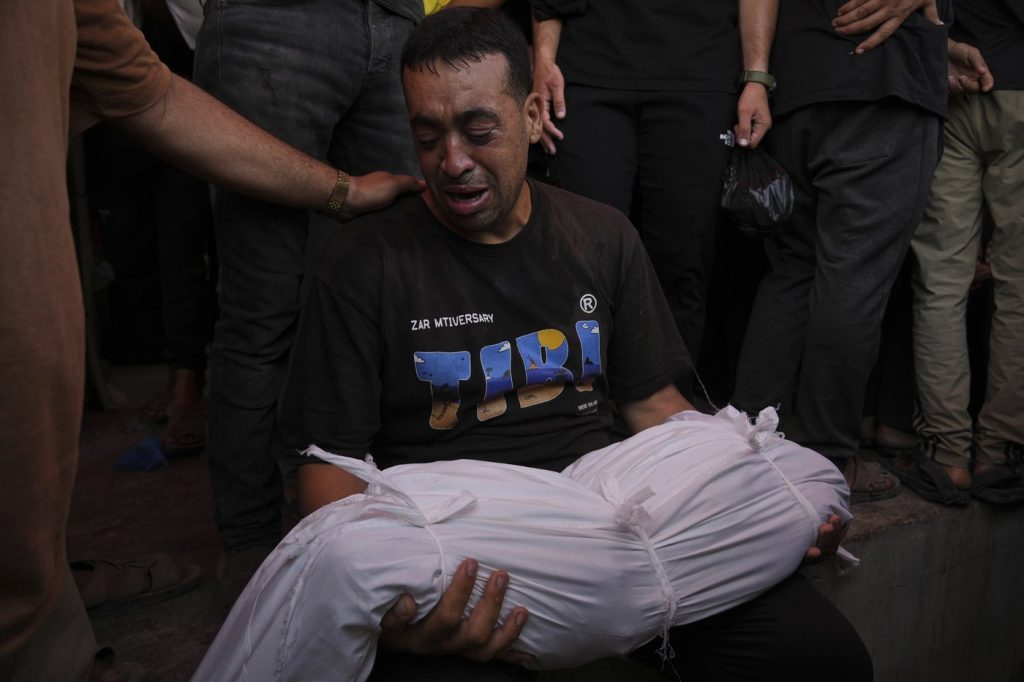BOISE, Idaho (AP) Bryan Kohberger, a criminal justice graduate student at Washington State University, pleaded guilty to the murder of four University of Idaho students. This plea was made during a court hearing on Wednesday, allowing him to avoid a potential death sentence. Prosecutors revealed that Kohberger had meticulously planned the attack for months and took significant steps to cover his tracks after committing the murders.
The victims, Kaylee Goncalves, Ethan Chapin, Xana Kernodle, and Madison Mogen, were fatally stabbed in their rental home near the university's campus on November 13, 2022. The killings shocked the local community in Moscow, Idaho, which had experienced five years without a murder prior to the incident. Each victim suffered multiple stab wounds, and no motive for the attack has been disclosed by the prosecution.
As the courtroom proceedings unfolded, Kohberger calmly admitted to breaking into the home and attacking the four students, who he appeared to have no prior connection with. Following his arrest in Pennsylvania weeks after the murders, Kohberger's attorneys attempted to prevent prosecutors from pursuing the death penalty, ultimately leading to a plea deal that included four life sentences without the possibility of appeal. This agreement was met with mixed reactions from the victims' families, with some in support and others, like Goncalves' family, opposing it.
During the emotional court session, family members reacted with tears and distress as the judge, Steven Hippler, detailed each murder charge against Kohberger. The official sentencing has been scheduled for July 23, and Hippler mentioned that public opinion would not influence his decision regarding the plea agreement.
Details from the hearing confirmed that Kohberger executed the attacks on the third floor of the home, where Mogen and Goncalves were killed together. Kernodle, who was awake after ordering food, was attacked next, followed by her boyfriend Chapin, who was asleep at the time. Investigators confirmed there were no signs of sexual assault and also revealed that Kohberger had visited the victims' neighborhood multiple times prior to the murders, tracking their movements using genetic genealogy and cellphone data.
Kohberger's decision to plead guilty raises questions about his motives and the nature of his relationship with the victims. His defense team claimed he was simply taking a long drive alone during the time of the killings. However, authorities provided evidence of Kohberger's extensive planning and knowledge of crime scene processing, which he had studied in depth as part of his academic career.
The murder weapon, a military-style knife, remains unfound despite investigators revealing that Kohberger purchased similar items months in advance. Efforts to destroy evidence included cleaning his apartment and car and acquiring a new knife sheath to replace the one discovered at the crime scene.
While the plea deal is considered a step toward healing by some families, the Goncalves family expressed concern that the agreement did not require Kohberger to give a full confession or apologize, seeking instead additional clarity on the events surrounding the crimes. They voiced their desire to understand the circumstances that led to such a tragic loss.
In the aftermath of the hearing, statements released by families indicated a split opinion regarding the plea deal, with some families eager to move forward and others still seeking justice and answers. The overall sentiment in the courtroom reflected the deep pain and unresolved questions surrounding the violent loss of young lives in this tragic case.












